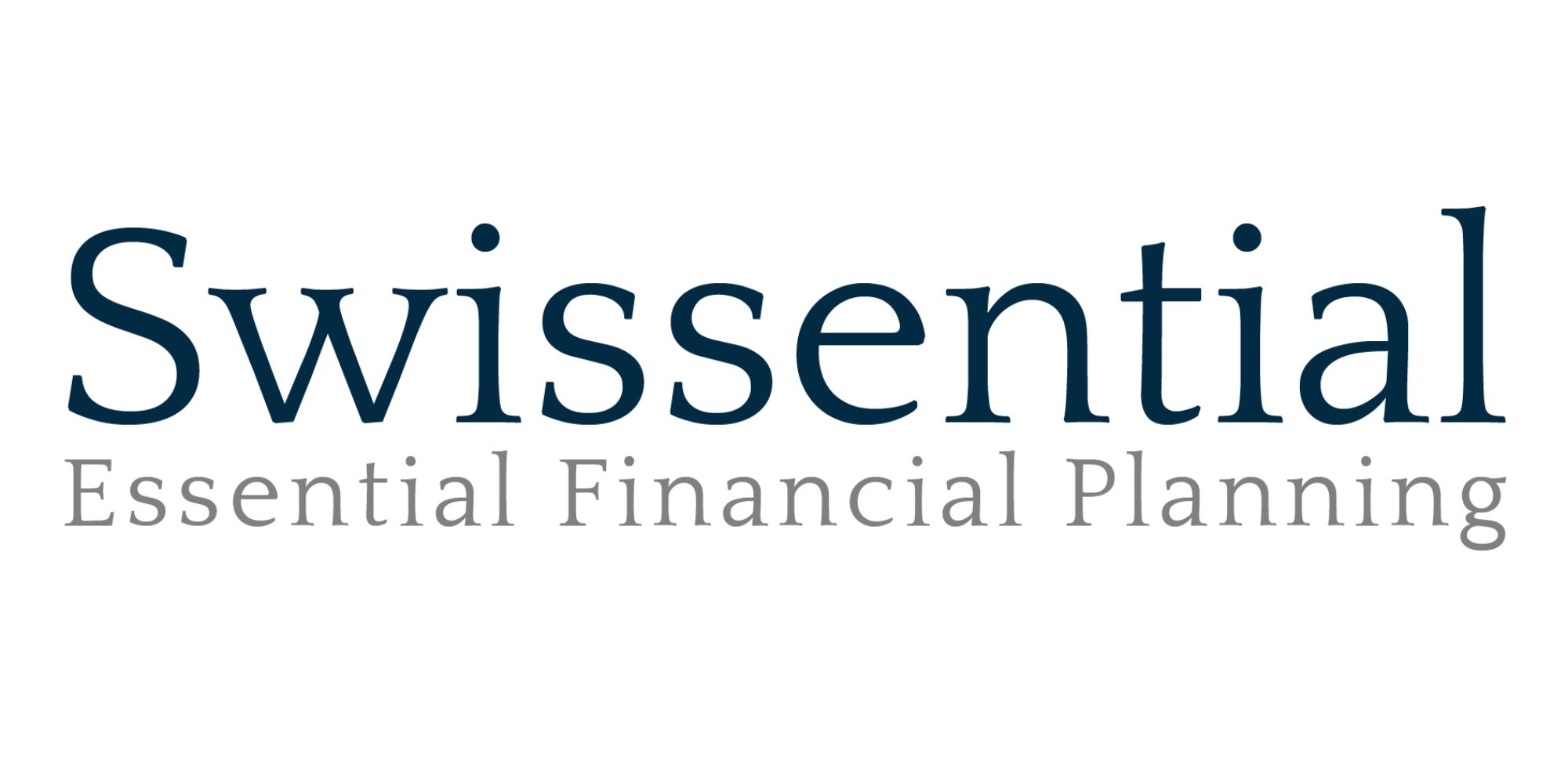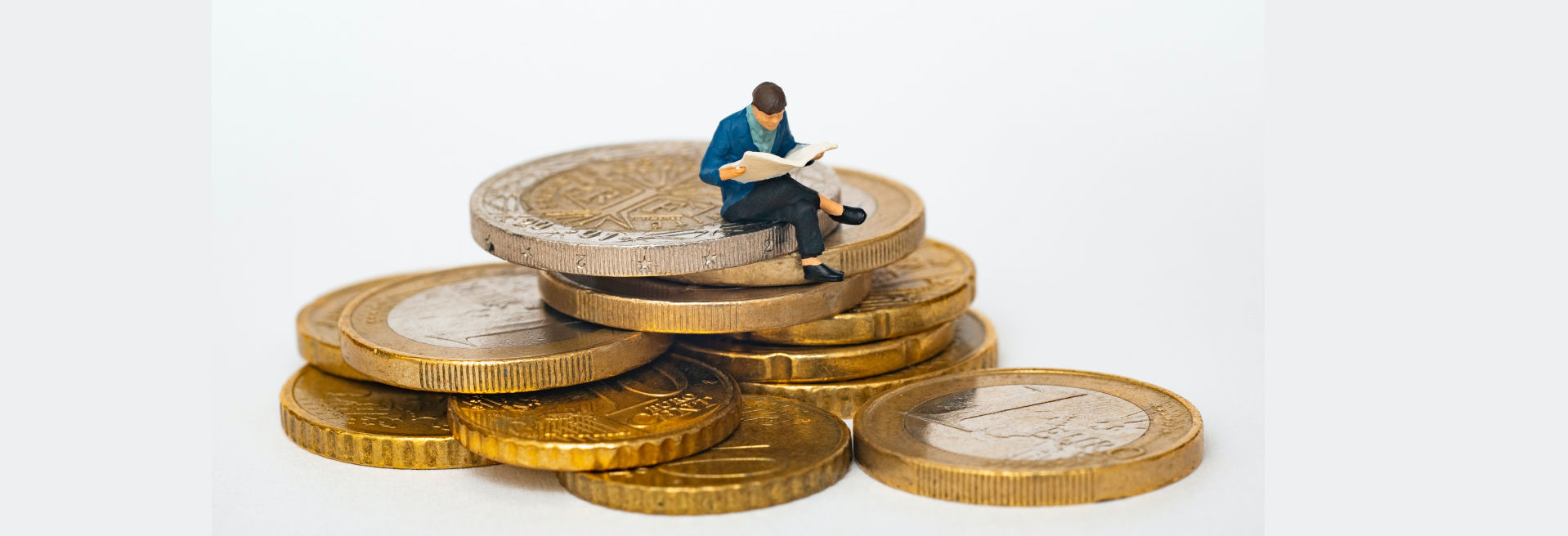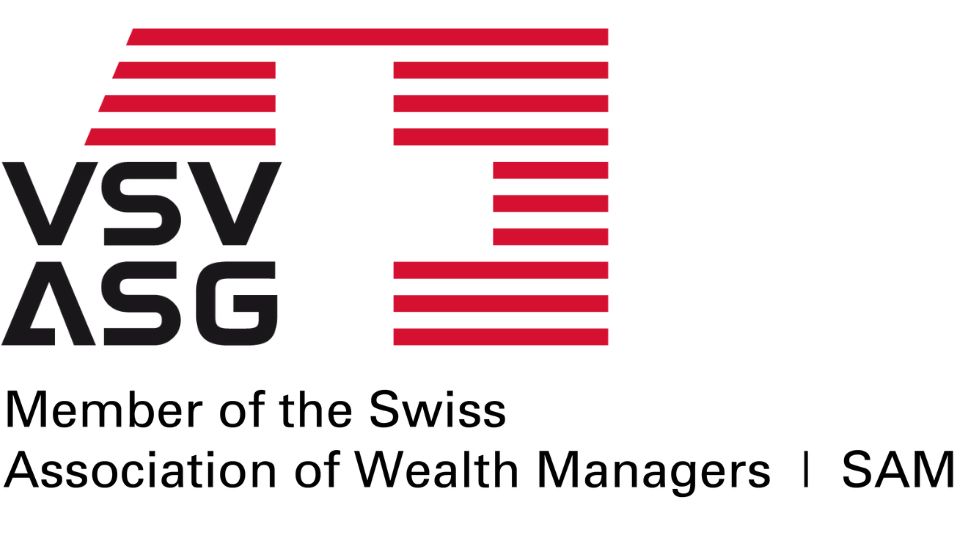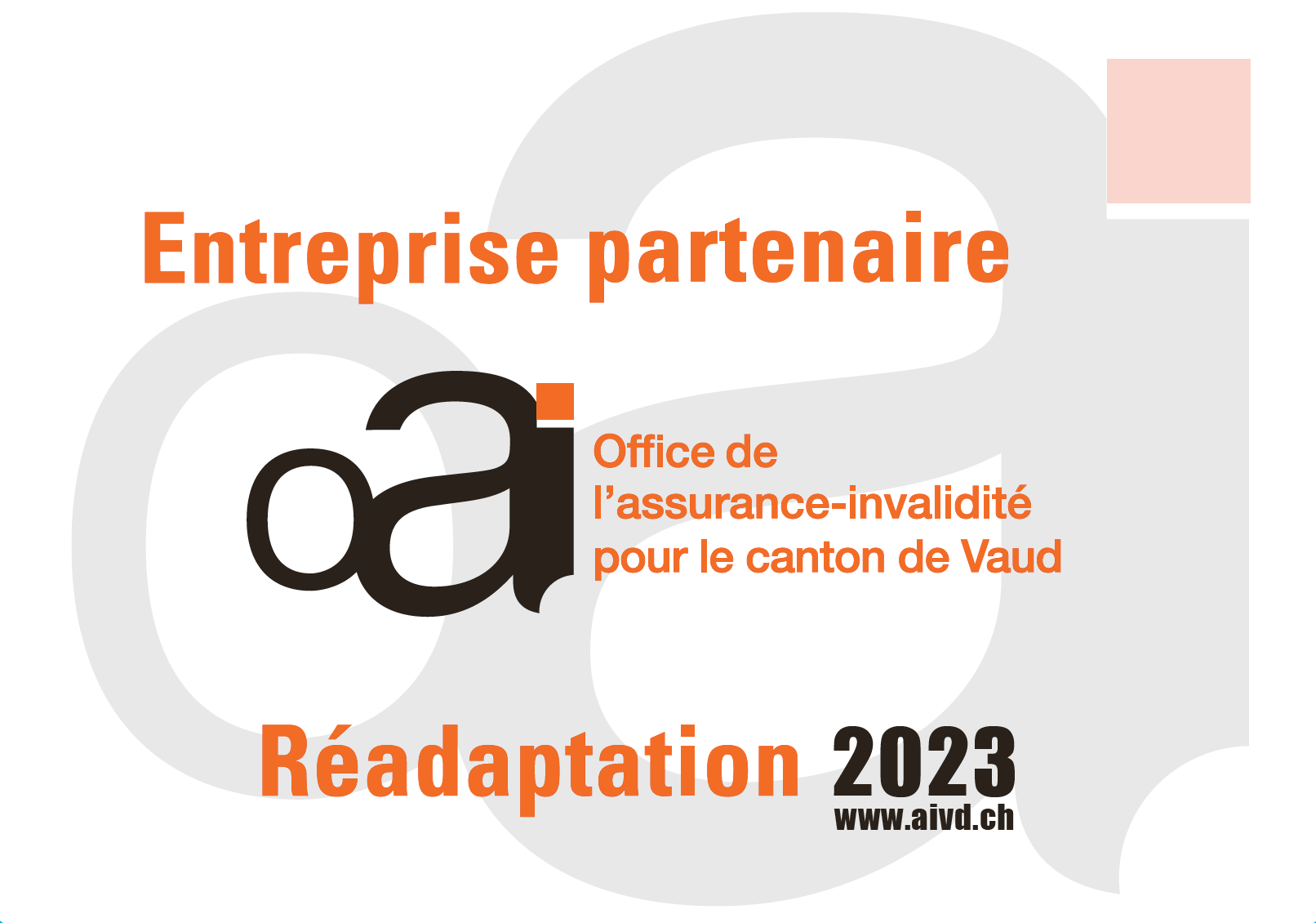The rationale behind keeping cash is easy to understand.
When I discuss with clients about investing “now”, the usual answer, expressed as a concept is:
Valerio let’s wait for the “Black Friday” of the stock market.
We all want to buy low, sell high. When the market goes down and you have money, you invest and grab shares of great companies at a fraction of the price. The most important questions everyone should ask are:
- Should I buy now or wait a little longer?
- Should I sell and cash my sizeable profit?
- When will the market bounce back…. Or crash again?
Those are common questions asked by most investors… but not me. I decided long ago to follow a clear investment strategy that doesn’t require me to dither forever about the optimal price of a stock, I buy shares whenever I want based on my investment principles and not the “price of the day.”
To put it simply, I strive to remove emotions out of the “investment timing decision process”. This simple, yet efficient strategy clears out lots of questions leading to paralysis by analysis. How can you seriously define the right price of a stock in front of your computer at home? Even professional managers are struggling to do that.
By keeping a focus on the long-term outcome (retirement in 10-30 years), I don’t have to worry about the current state of the market. I only have to worry about which great companies I want in my portfolio. Waiting with cash on the side would generate tons of questions that I can’t answer, in addition to costing negative interest on many Swiss banks for deposits above 250k.
I get the appeal of cash. Particularly if you grew up through the dot-com bubble or if 2008 is still a vivid memory in your mind and you saw people panicking and struggling to make ends meet when the economy took a serious turn for the worse. Having cash in the bank can feel like a safe place to invest your money, but remove the emotion, and it’s actually one of the riskiest long-term investments you can make. Cash loses value over time. A EUR 100 bill in 2000 is only worth EUR 68 today, when taking into consideration 2% inflation.
This is why simply holding your cash is far riskier than it sounds. With people living longer than ever — and spending more money on things like healthcare and education — sitting in cash as a long-term investment will mean you end up with less purchasing power down the road.
Getting better with money
With all that said, don’t go burning your savings. There is a place for cash in your life. Having a safety net of cash in the bank — three months’ worth of expenses is a good rule of thumb and will help you sleep at night and better handle the curveballs that life inevitably throws at us.
The bank is a good place to keep cash that you might need to access anytime within the next year or so. Longer-term investments — money that you won’t need for at least five years — should go into investment vehicles like the stock market, pension funds or ETF. If you’re a millennial, you have the biggest advantage of all when it comes to investing – time. Don’t squander it by spending all your money or keeping it solely in cash.







